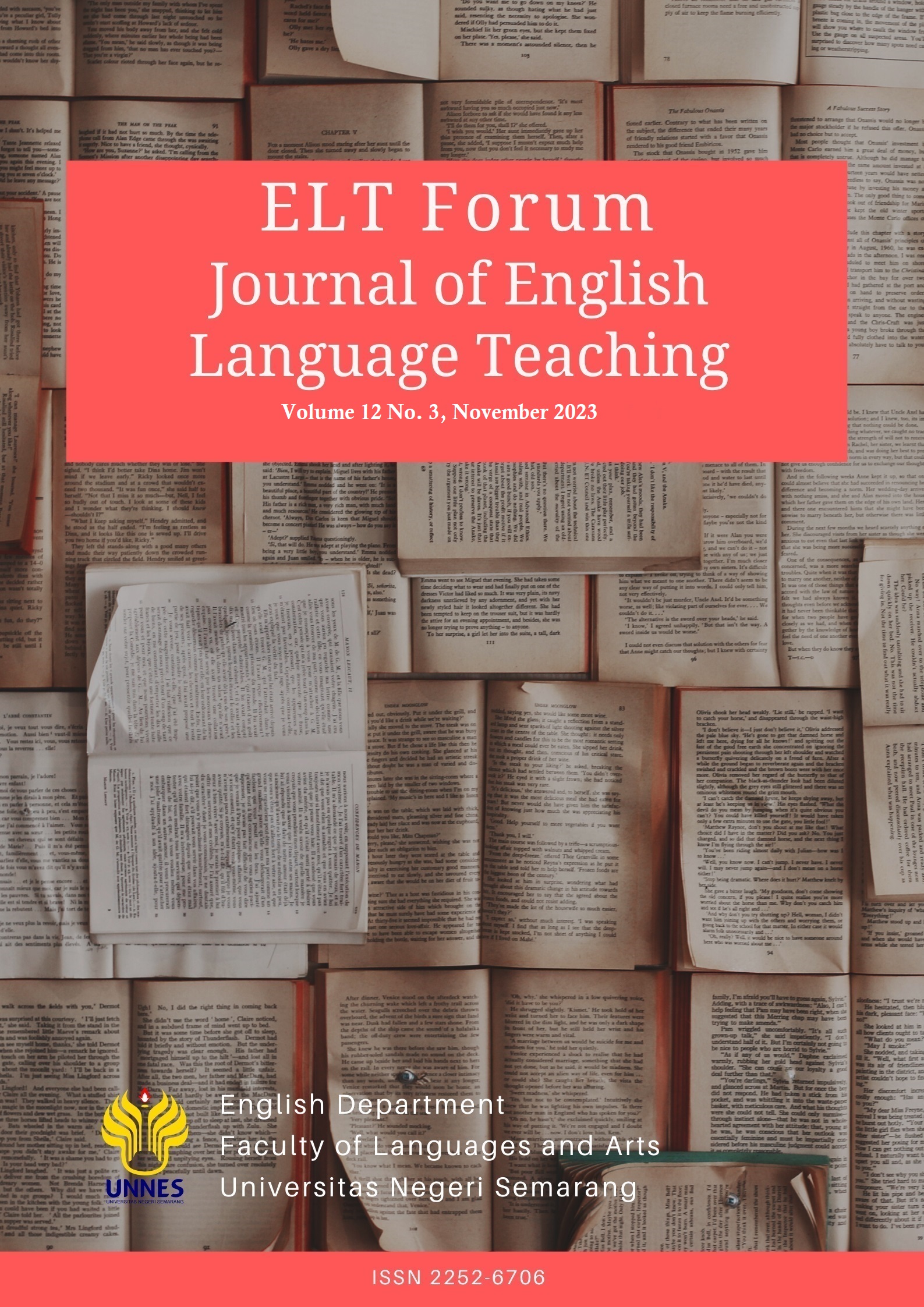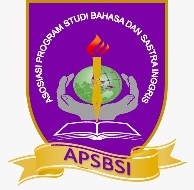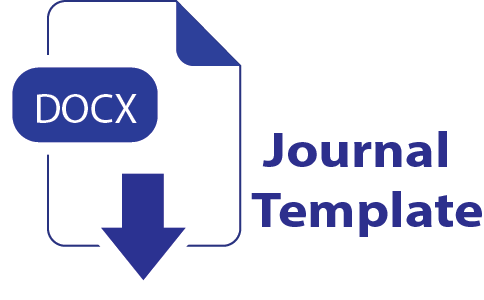Web-based elaborative feedback provision and the development of reading skills
Abstract
The purpose of this study was to find out whether web-based feedback can improve students’ reading comprehension. Fifty first-year students participated in the study: 25 in the experimental group and 25 in the control group. The study used a quasi-experimental design. Data was collected via a web-based reading comprehension test and a paper-based test. Moodle Cloud server was used to organize the training tasks and to administer the post-test for the experimental group. Data were analysed using mean, frequency, independent samples t-test, and paired samples t-test. The pre-test score indicated that students were at elementary comprehension level with a percentage of 34%, and 37% for the treatment and the comparison group, respectively. There was also a statistically significant mean difference in the post-test scores between the experimental and the control groups (t= 6.174, df= 48, and p= 0.000) with mean scores of 17.84 and 13.16, respectively. This shows that web-based feedback has significantly improved students’ reading comprehension.



_.jpg)
_.jpg)




